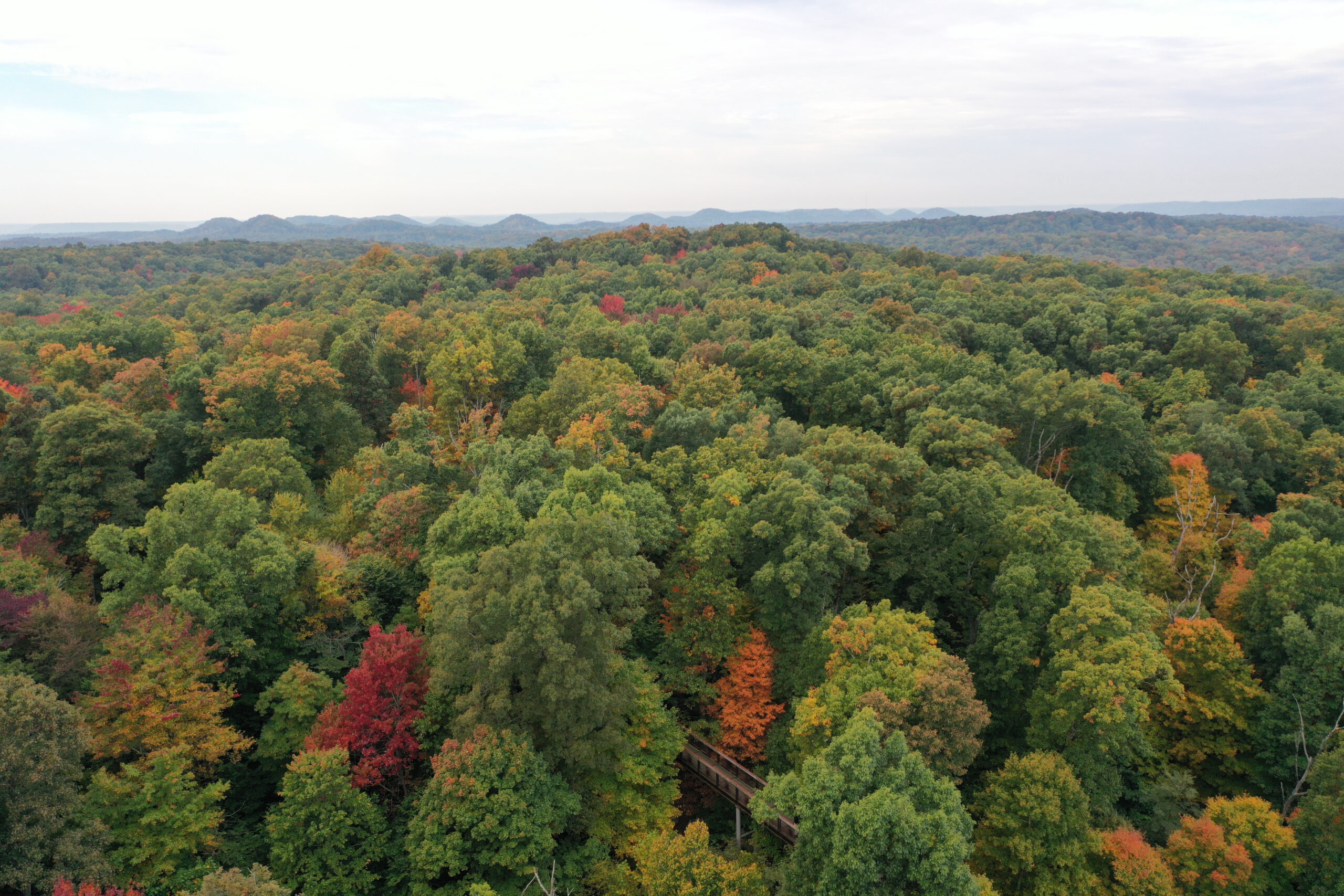By Bernheim
In April 1970, the world changed. People everywhere came together to learn about the single planet that is known to harbor life, Earth, the planet on which we all depend. Since the first Earth Day, there have been teach-ins, marches, dances, banners, promises, pledges, and protests. Environmental laws have cleaned water, made air breathable (mostly) and saved amazing species from extinction, perhaps even our own.
As we address the health, social, and economic challenges of COVID-19, there are important lessons to learn from the environmental movement and from our COVID-19 responses. The environmental movement demonstrated that community voices are heard, societal change occurs, and businesses and entire systems can adapt to change for the public good, and still show a profit.
The most significant lessons from our COVID-19 responses include, we must plan and prepare for catastrophic disruptions to our lives and economic systems, and that individual actions can simultaneously protect oneself and others. Individuals can make a difference!
However, if we do not aggressively mitigate and then repair our environmental damage locally, nationally, and world-wide, we will continue to experience shifts in weather patterns leading agricultural crop failures, drought, wildfires, and flooding. Observations indicate entire systems from pollinators to oceanic fish stocks will collapse. We are likely to experience more viruses and diseases as humans push deeper into natural lands in search of resources. If we allow these natural systems to fail due to the global climate crisis, most humans will not survive!
Let’s use Earth Day to renew efforts to understand our deep connection with nature. In the spirit of Earth Day, make decisions and take actions that are good for us and good for the health and well-being of everyone on this planet. Together we can get through the COVID-19 challenges, and together we will find our way to mitigate the global climate crisis.
We have learned: Earth Day is Us Day!


